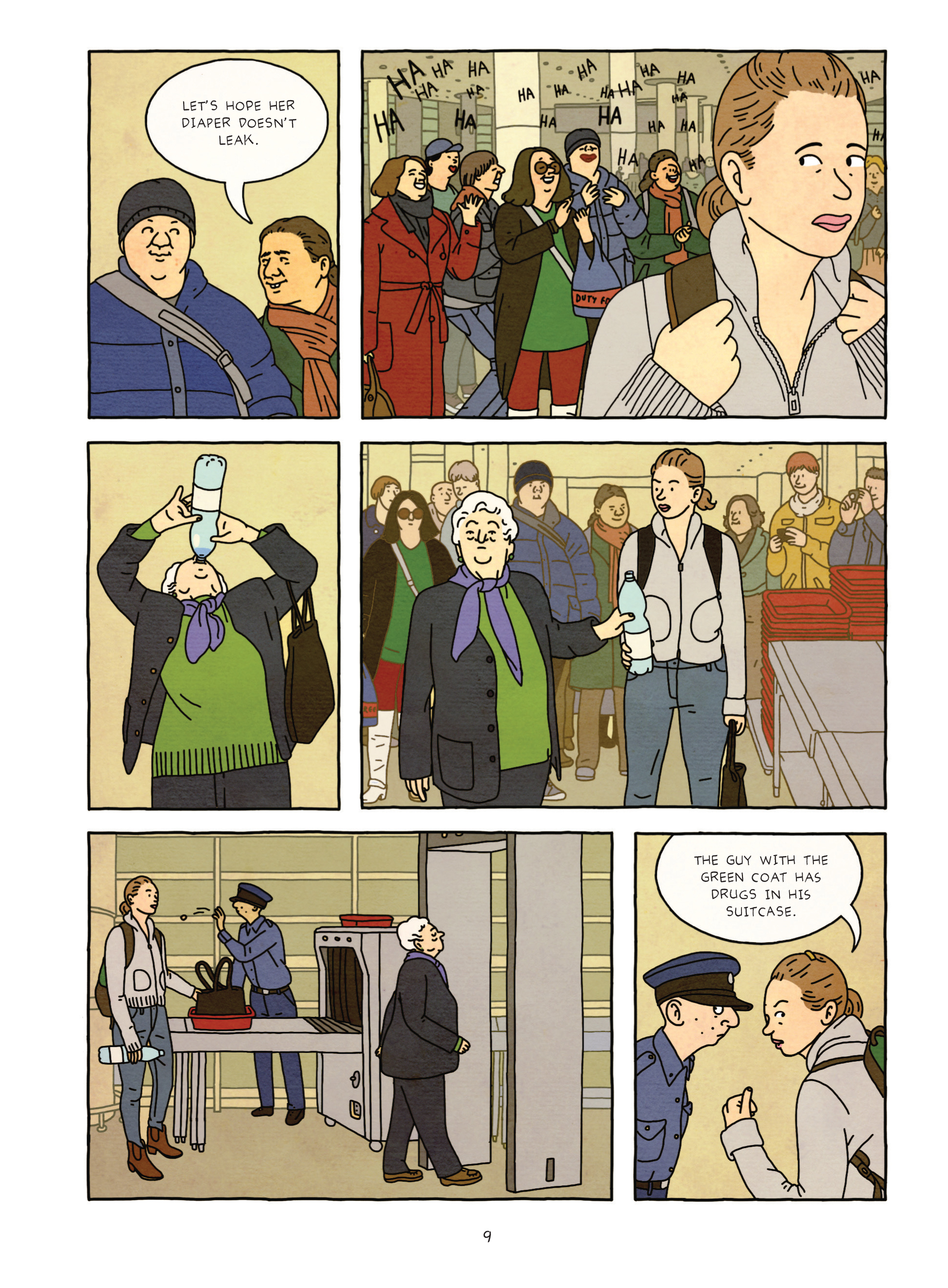“The only novel that doesn’t embarrass me is Antwerp.”- Roberto Bolaño.
 |
| Roberto Bolaño in Blanes, where he wrote Antwerp. |
Bolaño may
call Antwerp a novel, but many are
left confused by its experimental form, calling it instead a collection of
vignettes, instalments of prose/ poetry. It certainly is ‘novel,’ and, although
Bolaño expresses a disdain for following trends in literature in Antwerp, (“tell that stupid Arnold
Bennett that all his rules about plot only apply to novels that are copies of
other novels”) breaking new ground in
writing is something the novel has proved unusually capable for.
Antwerp is made up of fifty-six
instalments, not including the introduction piece “Total Anarchy: Twenty-Two
Years Later,” which could still very well be part of the work. As far as I can
tell, the title holds little relevance to the story or stories (or moments,
scenes, poems, diaries?) found within. I personally get a sense instead that
the title, like many of the writings within, and indeed much of Bolaño’s short stories
wherein no discernable end is reached, is an escaped thought, a moment on the
tip of the tongue that floats away forever, much like the jumbled speech that
litters the end of many of the chapters or sections of Antwerp. Moments overheard on the street in moments of confusion?
Memories? Poetic thoughts, ruminations?
This
haze-like style feels very David Lynch-esque (or, perhaps Lynch’s directorial
work feels very Bolaño-esque) and we can almost picture the uneasy
over-the-shoulder shots that can be seen in Mulholland
Drive. Style aside, the content is at first baffling, then immediately
entrancing. Each flash of a section leaves the reader unsure if they have woken
up to reality or a dream; the narration ranges from the personal to the
birds-eye-view, from the experienced to the omniscient. Much like reality, and
also the stage and screen, we are offered shallow depths into characters,
unless they are implicitly described by another characters; they have no names,
simply roles; policeman, Englishman, South American, hunchback. Some of these
characters do blossom and we get more depth through relations of their
experiences and relationships, while others remain on the hazy edge of the
story, as we remain unsure if a dream has been recounted or not. ‘Reality’ in
the story is offered a new tone when the ‘character’ Roberto Bolaño is
mentioned. Is he the writer, a diary entry perhaps? Or is this Bolaño the South
American, previously nameless? The reader is frequently snatched from the
writing to observe ‘the author,’ who is somehow within the story; “in this
scene the author appears with his hands on his hips watching something
offscreen.” The frequent observation of things on/off screen accentuates the
flickering scenes and moments we are offered; try as we might to observe, it is
up to the narration to present us with what we see. If our eyes stray off
screen, who knows what we will see.
Time is
compressed within the novel; six waiters walk along a deserted beach on their
way back from a night’s work early in the morning. Throughout all of the events
of the novel, they are still walking, like a video on loop, or, more likely, a
memory, a memory of a feeling, not an event, of tiredness, of being a witness
on a quiet beach too early in the morning. Like most characters in the novel,
we are mainly offered glimpses and witnessings of these characters, before a
sudden, ‘close-up.’ Although other characters have days, nights, events that
begin and end, their stories still feel as though existing in the same few
moments wherein the waiters walk across a deserted beach in an unnamed city,
away from work, back to the shack that they sleep in by the end of the novel.
Perhaps it is their dreams we read, or they are the dreams of any of the other
characters who make it to bed, in the haze of their unsure realities.
Magnificently
different, yet truly hitting the nail on the bizarrely jarring turns of style
and mode that Bolaño expressed (although much more subtly) in his more popularly palatable works, notably his short story collections or shorter novels like By Night in Chile, we can understand how
Antwerp is not embarrassing to Bolaño,
being not a copy of any other novel, but novel.

